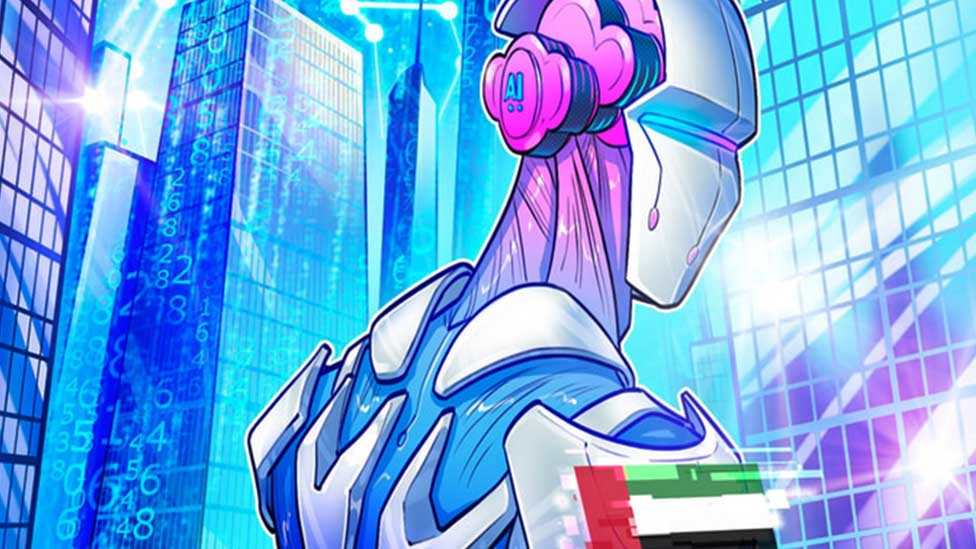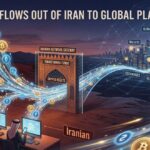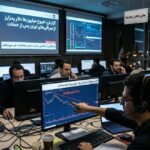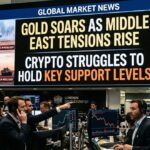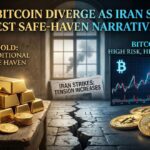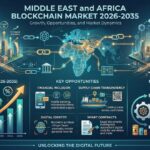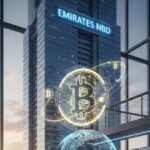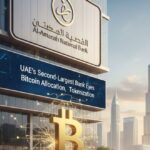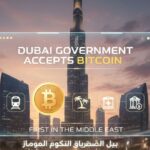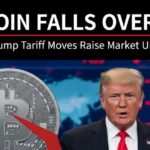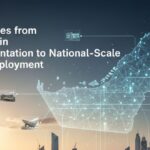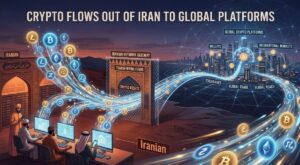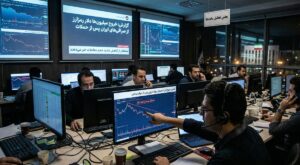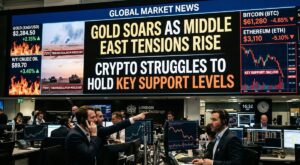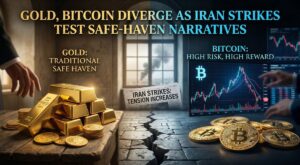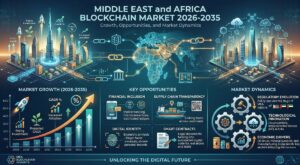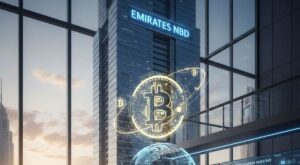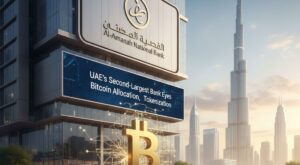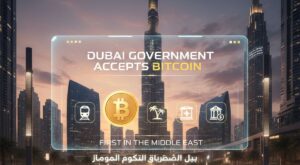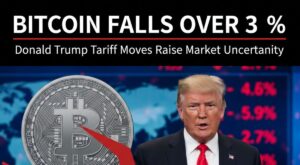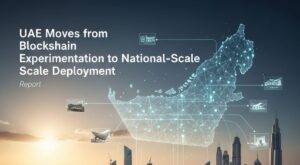The United Arab Emirates is taking a bold step toward shaping the future of decentralized economies, teaming up with Layer-1 blockchain platform Peaq and the Pulsar Group to launch a Machine Economy Free Zone in Dubai. This initiative aims to integrate robotics, artificial intelligence (AI), and blockchain technology into a regulatory framework designed to foster innovation in the emerging machine economy.
At the heart of this new Free Zone is a controlled sandbox environment where developers, businesses, and government entities can experiment with machine economy applications, particularly decentralized physical infrastructure networks (DePINs). The initiative combines regulation, infrastructure, and targeted investment to accelerate the growth of decentralized systems that allow autonomous machines to generate, earn, and trade value.
Max Thake, co-founder of Peaq, described the zone to Cointelegraph as a “human-centric economy where autonomous robots, machines, and devices create value, earn and trade.” Unlike traditional free zones that typically serve a broad range of industries, the Machine Economy Free Zone is specifically designed to attract builders and innovators focused on DePIN and machine economy solutions.
The project is being executed in partnership with Abu Dhabi-based Pulsar Group, a leading advisory firm specializing in technology and the digital economy. Several use cases are already in development within the zone, including community-powered air quality monitoring via wearable devices, hyperlocal weather forecasting, virtual power plants composed of community-owned devices to enhance grid flexibility, and the use of smartphones to monitor local noise pollution.
Once considered a niche application of blockchain, DePINs are now gaining significant mainstream attention. According to the World Economic Forum, the sector could grow into a $3.5 trillion market by 2028, fueled by the rapid advancement of blockchain and AI technologies.
Tokenization at the Core of the Machine Economy
A key feature of the Machine Economy Free Zone is its emphasis on machine tokenization—a system where tokenholders can receive a share of revenue generated by machine-driven activities. Thake illustrated this with the example of an autonomous robo-café that processes transactions digitally and records its sales data on-chain, allowing tokenholders to earn rewards from each sale.
This tokenization model supports the Free Zone’s Universal Basic Ownership (UBO) concept, which seeks to redistribute wealth generated by autonomous systems to individuals potentially displaced by automation. Although still in its early stages, the UBO system aims to create a more inclusive economic model that addresses the societal challenges of rapid technological advancement.
UAE’s Growing Role in Global Tokenization
The launch of the Machine Economy Free Zone further cements the UAE’s position as a global leader in tokenization and digital asset regulation. Dubai’s Virtual Asset Regulatory Authority (VARA) has already introduced updated frameworks to bring real-world assets (RWAs) on-chain, enabling substantial growth in blockchain-based transactions across sectors.
In particular, Dubai’s tokenized real estate sector has seen billions of dollars in transactions, following the launch of the region’s first licensed tokenized property project. This effort was spearheaded by the Dubai Land Department, Dubai Future Foundation, and the Central Bank of the United Arab Emirates.
As the UAE continues to embrace emerging technologies, initiatives like the Machine Economy Free Zone represent a significant step toward a future where humans and autonomous machines collaborate to create new economic opportunities.

